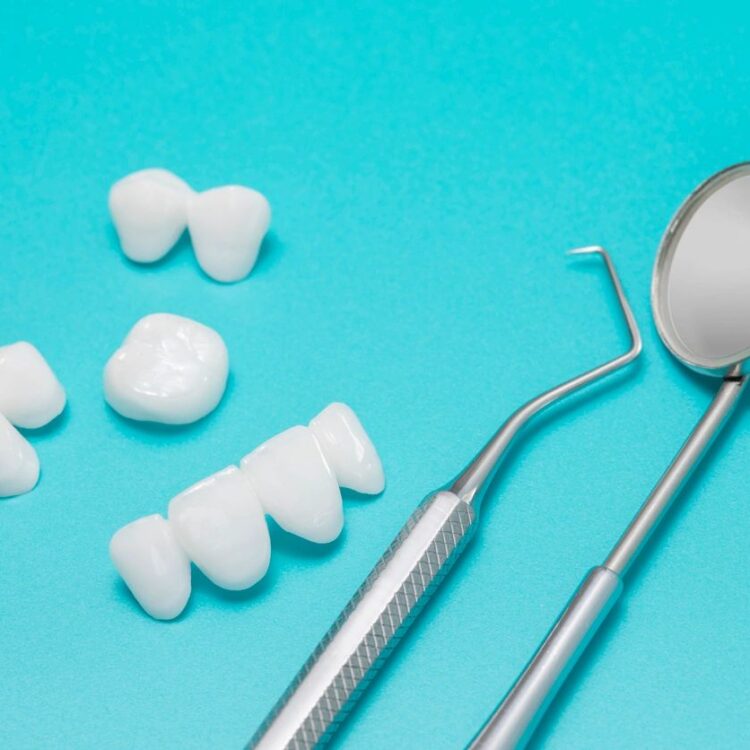How Can My Dentist Help my Jaw Pain?
Do you have chronic jaw pain?
If so, you might have TMJ disorder. This condition is not only painful, but it also makes simple daily activities like chewing or sleeping much more difficult. Our Toronto dentist offer treatment for TMJ disorder as a part of our dental practice. The first thing you can do to overcome TMJ is to learn the facts.


Open Days
What Is TMJ Disorder?
TMJ disorder refers to problems with your temporomandibular joint, which connects your mandible(lower jaw) to your temporal bone. The TMJ can slide in an unusual way or become locked in one place. This can cause a variety or symptoms. You might have face, jaw joint, neck, and shoulder or ear painwhen you move your jaw to eat or speak. You might not be able to open your mouth as wide as normal. Your jaws can get stuck open or closed, and you can hear clicking or popping noises when you move your mouth. Your face might feel tired. You might have trouble chewing, and you might have swelling on one or both sides of your face.
What Can Cause TMJ Disorder?
No one really knows the exact cause of TMJ disorder, but scientists offer some possibilities. The following conditions may cause or contribute to TMJ disorder.
- Injuries
- Grinding or clenching teeth
- Arthritis in the joint
- Stress
Treament Using Night Guards
Night guards offered by your dentist provide a safe and effective treatment for TMJ disorder. Your dentist makes an impression of your teeth and sends it to a dental lab where technicians use it to create your night guard. You put in your night guard before you go to bed and wear it as you sleep. The night guard holds your jaw in a proper position that allows you to rest without painful jaw movements.
Treatment with Dental Work
Often, all you need to relieve TMJ disorder is to have dental work that evens out the pressure on your teeth. This is particularly true for those who have missing teeth. Braces can also help because they change the alignment of your teeth as well as your jaw. When your jaw no longer needs to compensate for variations in chewing surfaces, it works more efficiently and with less pain.
Treatment with Medications
Once your dentist diagnoses your TMJ disorder, they can give you certain medications that can help. For example, muscle relaxants can ease the excessive force of teeth clenching and grinding. Anti-anxiety medications can help you feel less stressed so you can better relax the TMJ. Some patients can also benefit from antidepressants to help them emotionally withstand the pain, discomfort and dysfunction associated with TMJ disorder.
Treatment with Surgery
Surgery can eliminate TMJ disorder by realigning the jaw and other facial structures. Jaw surgery is called orthognathic surgery, and it is done by a maxillofacial and oral surgeon. Your dentist works with the surgeon to make a treatment plan for you. TMJ surgery can take several hours. Recovery can take up to a year. However, the results can be so satisfying that you might almost forget you once had TMJ!

